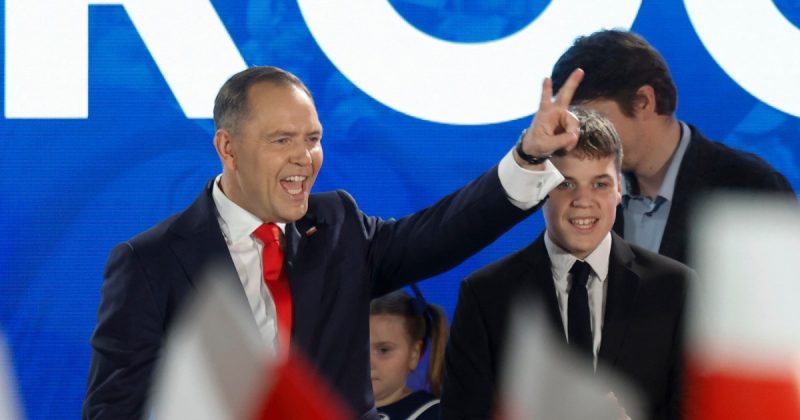
Conservative Karol Nawrocki has secured a narrow but decisive victory in Poland’s presidential election, defeating liberal Warsaw Mayor Rafał Trzaskowski by a margin of 50.89% to 49.11%. The extremely close race, which kept the nation on tenterhooks until the final vote count, reveals a deep political divide within the country. Early exit polls initially favored Trzaskowski, creating a dramatic shift in the narrative as the final results emerged.
Nawrocki’s win marks a significant shift towards a more nationalist path for Poland. His campaign, notably backed by former US President Donald Trump, resonated with voters who favor a stronger national identity and a more conservative social agenda. This victory signals a potential realignment of Poland’s political landscape and its future relationship with both the European Union and the United States.
The tight election results underscore the polarization of Polish society. The outcome suggests a significant portion of the electorate is drawn to a more nationalistic and conservative vision for the country’s future. The close margin, however, also highlights the considerable opposition to this direction, setting the stage for potentially contentious political debates in the years to come.
International observers will be closely watching the implications of this election for Poland’s role within the European Union and NATO. Nawrocki’s nationalist stance could lead to increased friction with Brussels on issues of rule of law and social policy. Similarly, the relationship with the United States, given Trump’s endorsement, is likely to evolve, depending on the future political climate in America.
Ultimately, Nawrocki’s presidency promises a period of significant change for Poland. The close nature of the election, however, suggests that the country remains deeply divided, and the new president will face considerable challenges in navigating these divisions and guiding the nation through the complex geopolitical landscape of Europe.









